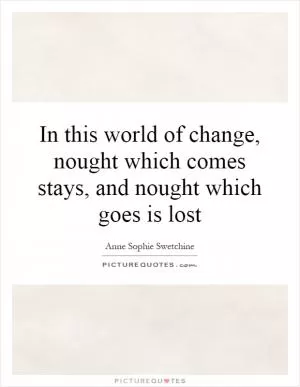There are but two future verbs which man may appropriate confidently and without pride: I shall suffer, and I shall die

There are but two future verbs which man may appropriate confidently and without pride: I shall suffer, and I shall die
Anne Sophie Swetchine, a Russian-French writer and thinker of the 19th century, is known for her profound reflections on the human condition and the nature of suffering. One of her most famous quotes is, “There are but two future verbs which man may appropriate confidently and without pride: I shall suffer, and I shall die.” This statement encapsulates Swetchine’s belief in the inevitability of suffering and death as fundamental aspects of the human experience.For Swetchine, suffering is not something to be avoided or denied, but rather embraced as an essential part of life. She understood that pain and hardship are inevitable, and that they can serve as opportunities for growth and self-discovery. By acknowledging the reality of suffering, Swetchine believed that individuals could develop a deeper sense of empathy and compassion for others, as well as a greater appreciation for the moments of joy and beauty that punctuate our lives.
Similarly, Swetchine’s reflection on death speaks to the universal truth that all living beings must eventually face their own mortality. Rather than fearing or denying death, Swetchine encouraged individuals to accept it as a natural and necessary part of the cycle of life. By acknowledging our own mortality, she believed that we could live more fully in the present moment, cherishing each day as a precious gift and striving to make the most of our time on earth.












 Friendship Quotes
Friendship Quotes Love Quotes
Love Quotes Life Quotes
Life Quotes Funny Quotes
Funny Quotes Motivational Quotes
Motivational Quotes Inspirational Quotes
Inspirational Quotes